Hindsight is 2020: Looking back on a year of humanitarian emergencies
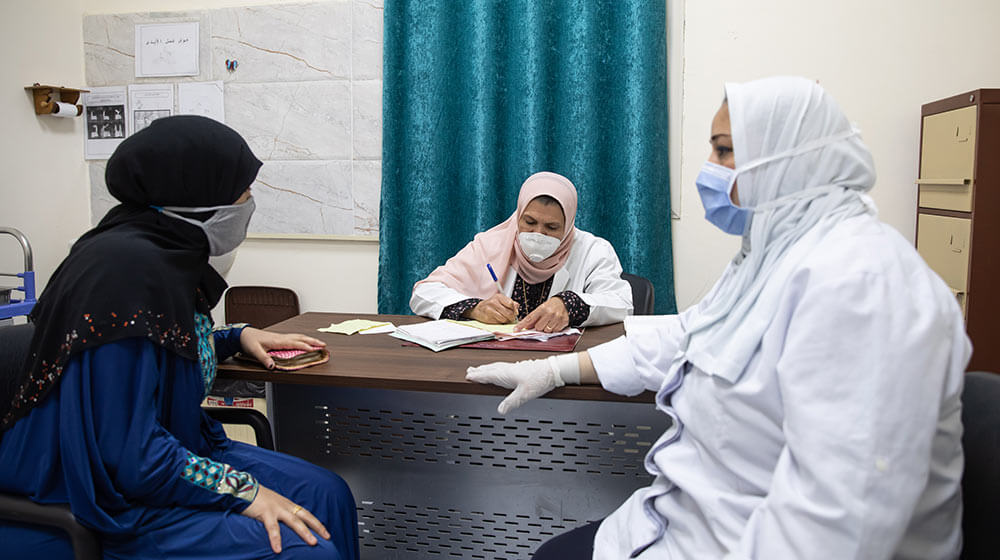
No humanitarian emergency quite dominated our news cycles, personal relationships, work life, or health quite like coronavirus in 2020. The COVID-19 pandemic overturned much of what we thought we knew: that our friends and neighbors are responsible; that, in times of crisis, communities band together; or that our loved ones are safe.
But now, looking back, we can see several examples of “super-spreader events” in the news and likely in our own lives, too. We saw neighbors fighting over toilet paper and frozen food. And most tragically, more than 1.5 million people in the world have died of COVID-19, all of whom are loved and missed by their family and friends. In developing countries, many others have died from starvation, increased gender-based violence (GBV), and lack of health care because of this virus.
COVID-19 is undoubtedly the story of 2020 and it will be a big part of 2021. Thousands of people are still dying each day. Vaccine roll-outs have been stunted or even nonexistent in poorer countries. Economic uncertainty could lead to a housing crisis and food insecurity for many who aren’t already experiencing the strain.
Even though COVID-19 is so prevalent in our lives, other humanitarian emergencies didn’t stop happening. In addition to the pandemic, here are the humanitarian emergencies people faced in 2020:
Yemen
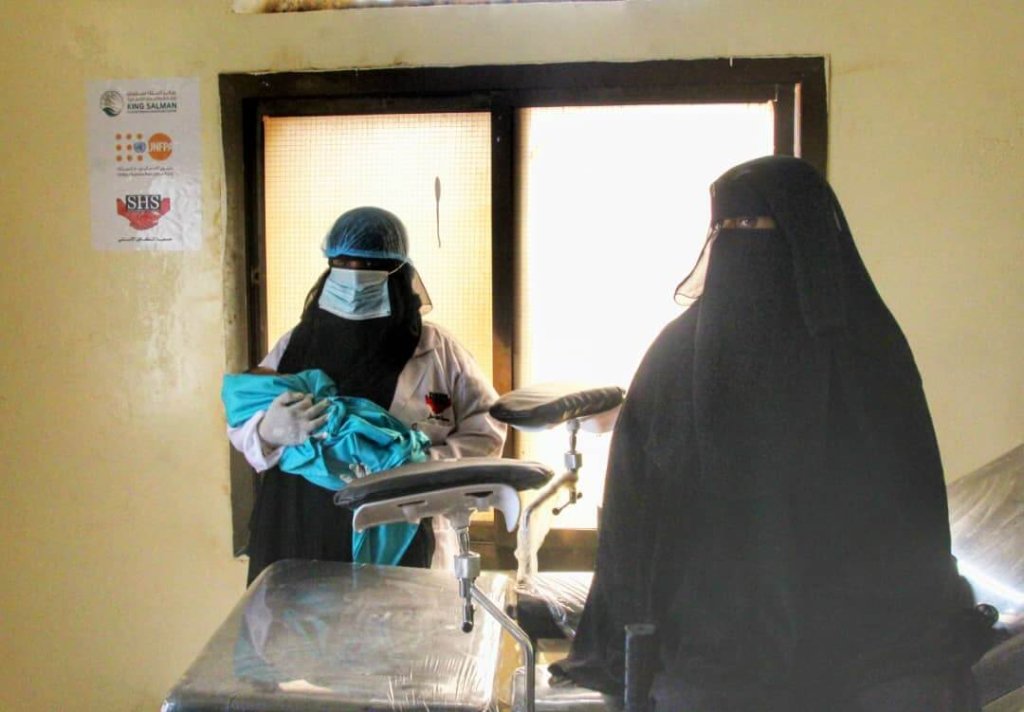
The situation in Yemen seems nearly impossible: ongoing conflict, aid blockades, economic crisis, internal displacement, famine, rampant poverty, cholera, flooding, a fuel shortage, and last year, COVID-19. UNFPA considers Yemen to be the world’s worst humanitarian emergency, with over 24 million Yemeni people in need of aid. Over 1 million of these people are acutely malnourished pregnant women.
Last year, UNFPA reached over 3 million Yemenis with reproductive health services. This care included 143,145 safe deliveries, 252,471 people provided with family planning, and 1,092,117 women reached with protection information and services. Much needs to be done to care for the Yemeni people in 2021. Yemen has had just over 2,000 cases of coronavirus. While the current caseload is small, experts expect a second wave of the virus to spike sometime this winter. UNFPA has appealed for $100 million for reproductive health care in the country.
Lebanon
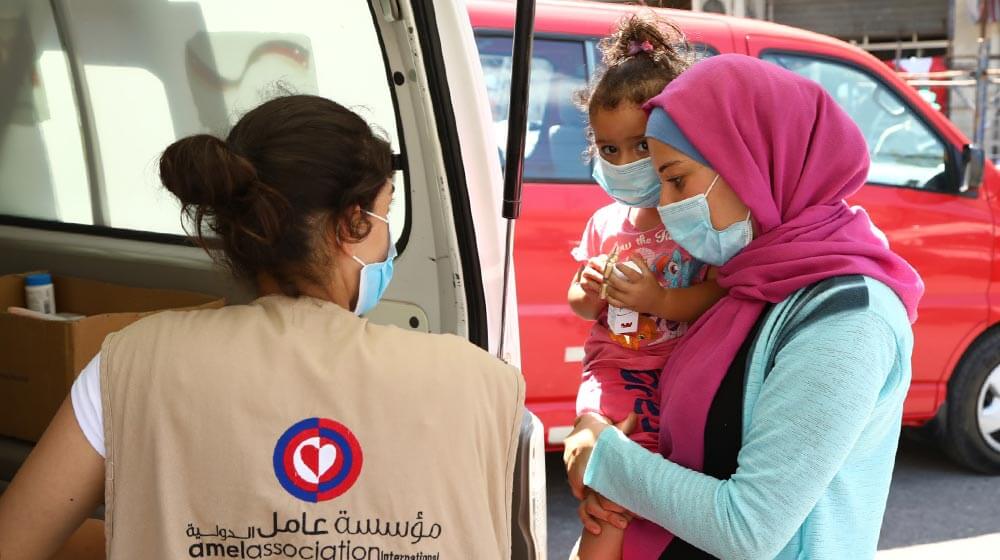
In early August 2020, the port of Beirut, Lebanon exploded, causing a humanitarian emergency. The suddenness and the ease with which leaders could have prevented this tragedy made the event especially horrific. The blast injured or killed thousands of people and destroyed the homes of hundreds of thousands more. This extra strain on the Lebanese health system, already weakened by coronavirus, made global support imperative.
Right after the explosion, UNFPA launched mobile health clinics to address the health needs of Beirut. These clinics supported prenatal and safe delivery care, family planning, psychosocial counseling, and care for survivors of gender-based violence. UNFPA also took x-rays of people who had been injured in the blast and delivered dignity kits to women and girls. In 2021, many people are waiting still waiting to go home. The port was the main entry point for imported food and goods. As the country begins to rebuild, aid will be needed to ensure that every person has access to lifesaving reproductive health care.
Democratic Republic of Congo
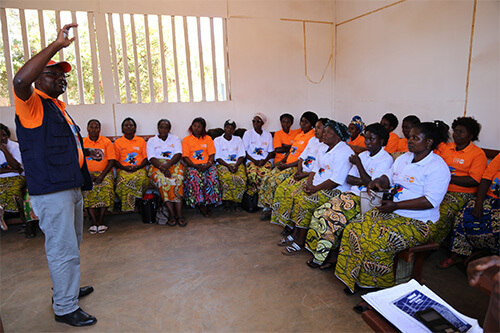
The Democratic Republic of Congo (DRC) is the poised to be one of the world’s most populous countries by 2050, even though it currently has some of the world’s worst life expectancy, educational attainment, and poverty rates. The DRC has multiples humanitarian crises. In some areas, more than 100 armed groups are battling for political control. 4.5 million people have been displaced from their homes and many millions more require humanitarian aid. Ebola has become endemic to the region, with health care workers fighting against the 10th outbreak of the disease. Cholera, measles, and COVID-19 are also spreading through the DRC. Further, a high fertility rate fueled by child marriage and the unmet need for contraception puts women at higher risk of preventable maternal death, fistula, and violence.
UNFPA is providing lifesaving reproductive health care in this complex humanitarian crisis. The main priorities are to provide information and access to family planning services, support survivors of gender-based violence, and work with youth. With adequate aid and support, the situation in the DRC could get better over the next year.
Syria
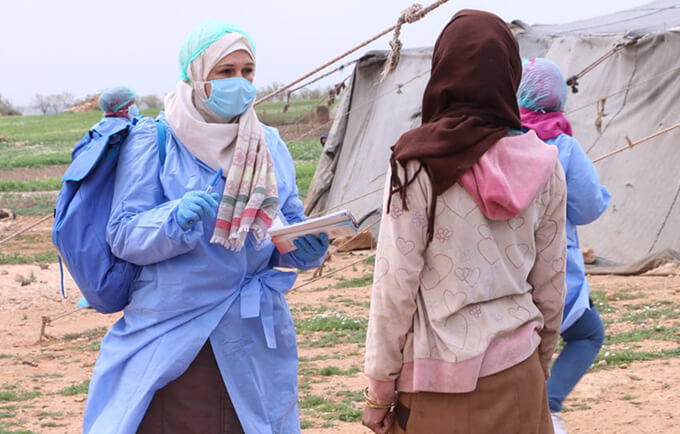
The war in Syria will enter its 10th year in 2021. It is the world’s largest refugee and displacement emergency, with 5.6 million Syrian refugees having fled to Turkey, Lebanon, Iraq, Jordan, Egypt, and elsewhere. Inside the country, the conflict has displaced 6.2 million people from their homes. Half of the people in need of aid are children.
UNFPA is working to address gender-based violence (GBV), including child marriage, which tends to increase during emergencies. Last year, UNFPA provided nearly 1 million people with GBV services. Nearly twice as many people received sexual and reproductive health care. UNFPA also supports 116 women-friendly spaces, where women and girls can build community, receive information and health care, and be safe from violence. A whole generation of Syrians have grown up in conflict, and the COVID-19 crisis only makes the situation worse. UNFPA has appealed for $131.6 million in aid for 2021 to address the crisis.
Sudan and Ethiopia
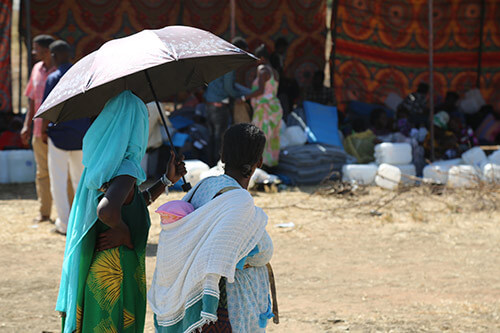
Both countries face separate emergencies due to internal conflict, rapid population growth, the high cost of food, and COVID-19. However, in the last months of 2020, tens of thousands of Ethiopian refugees have escaped this developing humanitarian emergency by fleeing to Sudan. Nearly half of the refugees are children and many arrived with few belongings. Over 100 women will give birth within the next month. However, their displacement makes it even more challenging for UNFPA and other organizations to reach them with safe delivery care.
UNFPA is working to strengthen reproductive health services along the Sudan-Ethiopia border by increasing support for GBV care, providing psychosocial counseling, and is trying to reunite families that have separated during their displacement. UNFPA predicts that the number of refugees could double to 100,000 in the coming months if the situation in Ethiopia does not stabilize.
Moving forward from the humanitarian emergencies of 2020
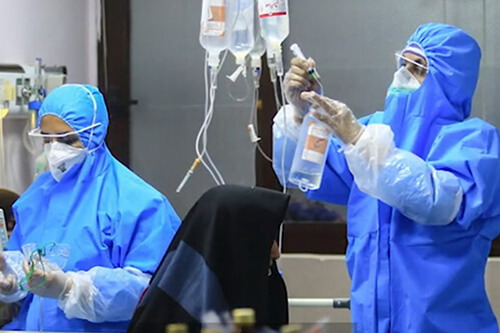
Each and every humanitarian crisis in 2020 was complex and required aid organizations, governments, and communities to cooperate to meet the needs of vulnerable people. Sadly, these organizations rarely prioritize sexual and reproductive health care during emergencies. However, women do not stop giving birth during emergencies. Women and girls do not stop menstruating. Survivors of GBV do not stop needing care. Your support helps UNFPA ensure that every person has access to lifesaving reproductive health care, no matter what.
-Dana Kirkegaard